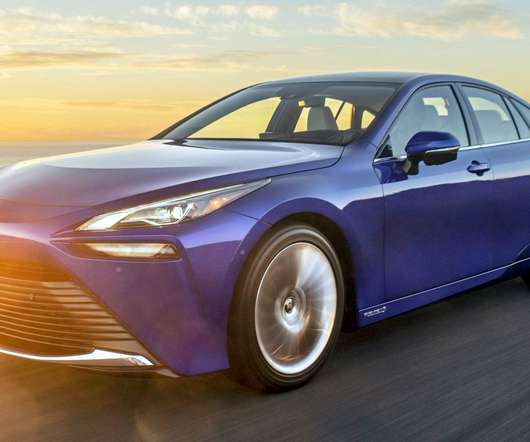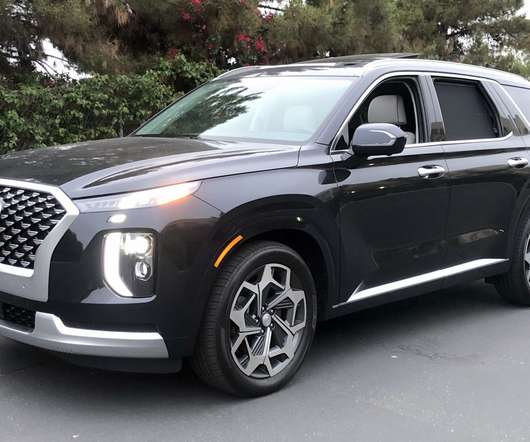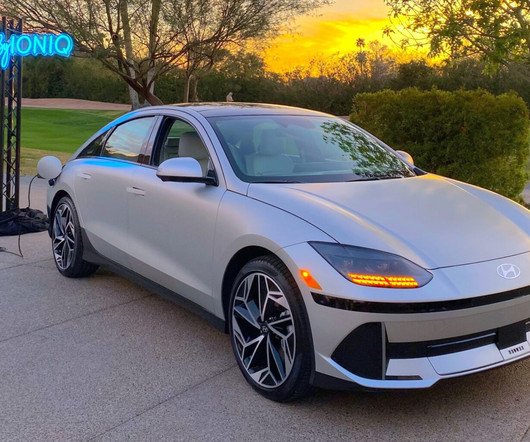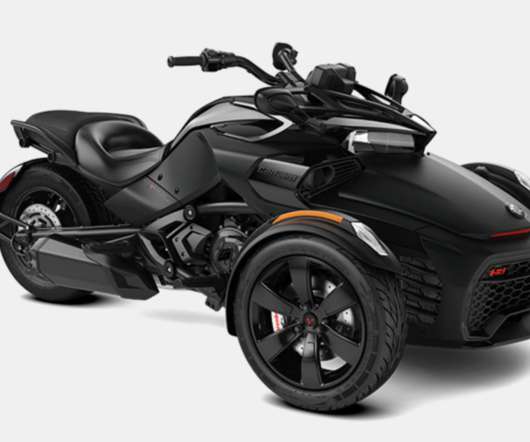Swiss WTW study finds important role for alternative fuels as well as alt drivetrains in move to low-emissions vehicles
Green Car Congress
JANUARY 3, 2014
WTW energy demand and GHG emissions for EV and PHEV drivetrains for various electricity sources; gasoline ICE vehicle is solid square, hybrid the hollow square. First, it considers the performance of both mature and novel hydrogen production processes, multiple electricity generation pathways and several alternative drivetrains.
























Let's personalize your content